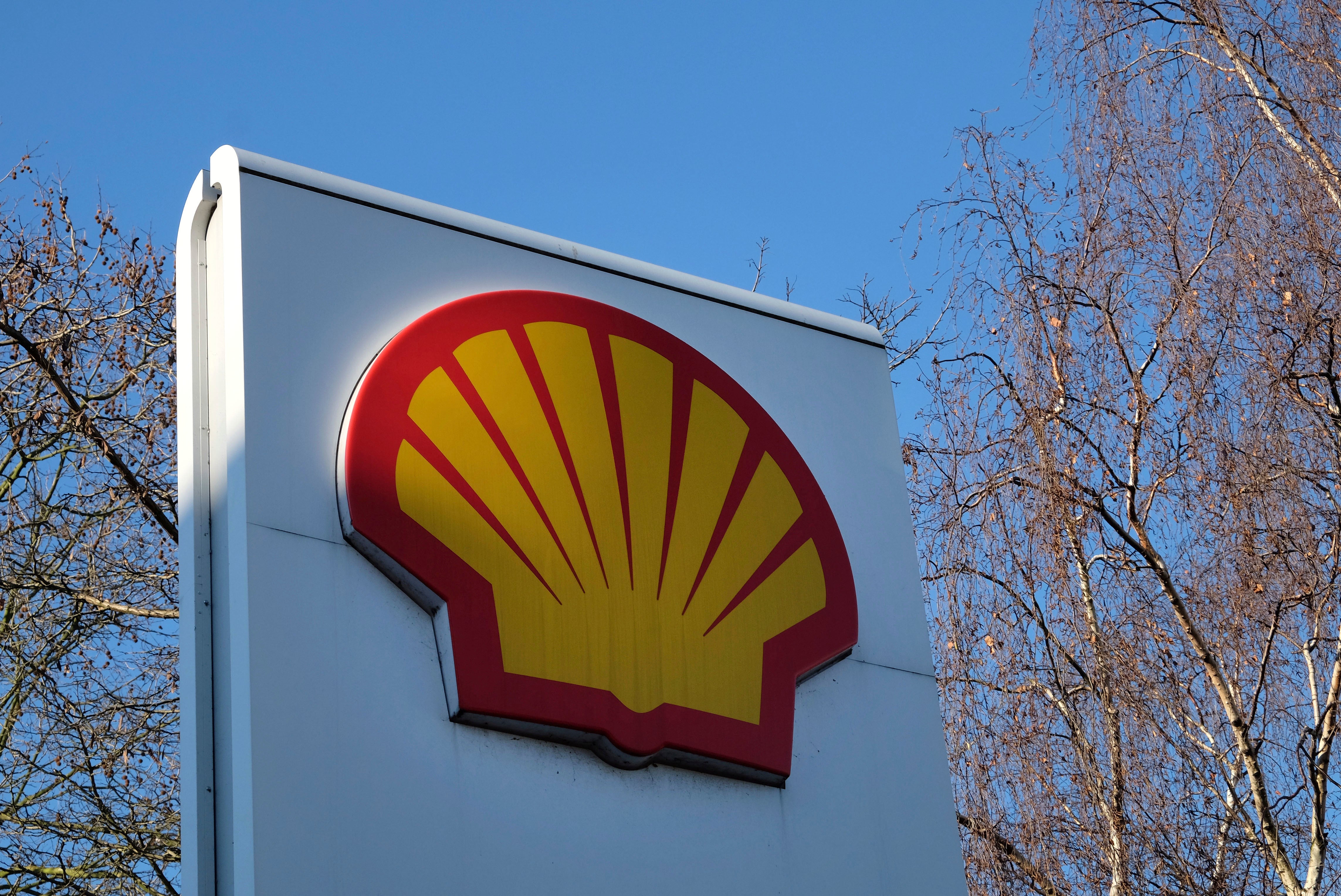Shell plans to cut up to 9,000 jobs as oil demand slumps during pandemic
Royal Dutch Shell says it is planning to cut between 7,000 and 9,000 jobs worldwide by the end of 2022 following a collapse in demand for oil and a subsequent slide in oil prices during the coronavirus pandemic

Your support helps us to tell the story
From reproductive rights to climate change to Big Tech, The Independent is on the ground when the story is developing. Whether it's investigating the financials of Elon Musk's pro-Trump PAC or producing our latest documentary, 'The A Word', which shines a light on the American women fighting for reproductive rights, we know how important it is to parse out the facts from the messaging.
At such a critical moment in US history, we need reporters on the ground. Your donation allows us to keep sending journalists to speak to both sides of the story.
The Independent is trusted by Americans across the entire political spectrum. And unlike many other quality news outlets, we choose not to lock Americans out of our reporting and analysis with paywalls. We believe quality journalism should be available to everyone, paid for by those who can afford it.
Your support makes all the difference.Shell plans to cut between 7,000 and 9,000 jobs globally in response to a collapse in demand for oil during the coronavirus pandemic.
Britain's largest company said it was going through a $2.5bn-a-year cost-cutting plan to deal with the falling price of fossil fuels.
The job cuts include around 1,500 voluntary redundancies and will be completed by the end of 2022, Shell said on Wednesday.
With millions of flights grounded, people making fewer journeys and large swathes of industry operating below full capacity, the outlook for oil companies remains tough.
Most major oil firms have slashed their long-term price forecasts and some analysts have said 2019 may turn out to be the peak year for oil production as governments seek to reduce carbon emissions.
Royal Dutch Shell chief executive Ben van Beurden, said: "We have to be a simpler, more streamlined, more competitive organisation that is more nimble and able to respond to customers.
"To be more nimble, we have to remove a certain amount of organisational complexity."
Mr Van Beurden said the pandemic has shown the company it can adapt to working in new ways but stressed that "a large part of the cost saving for Shell will come from having fewer people".
He added: “Make no mistake: this is an extremely tough process,
“It is very painful to know that you will end up saying goodbye to quite a few good people. But we are doing this because we have to, because it is the right thing to do for the future of the company.”
Shell’s rival BP announced 10,000 job cuts earlier this year and laid put plans to cut fossil fuel production by 40 per cent in a decade.
Shell has said it aims to reach net zero emissions by 2050 but has yet to lay out in detail how it plans to get there.
Mr Van Beurden said cutting emissions would mean “dramatic change” for Shell.
“We will have some oil and gas in the mix of energy we sell by 2050, but it will be predominantly low-carbon electricity, low-carbon biofuels, it will be hydrogen and it will be all sorts of other solutions too.”
